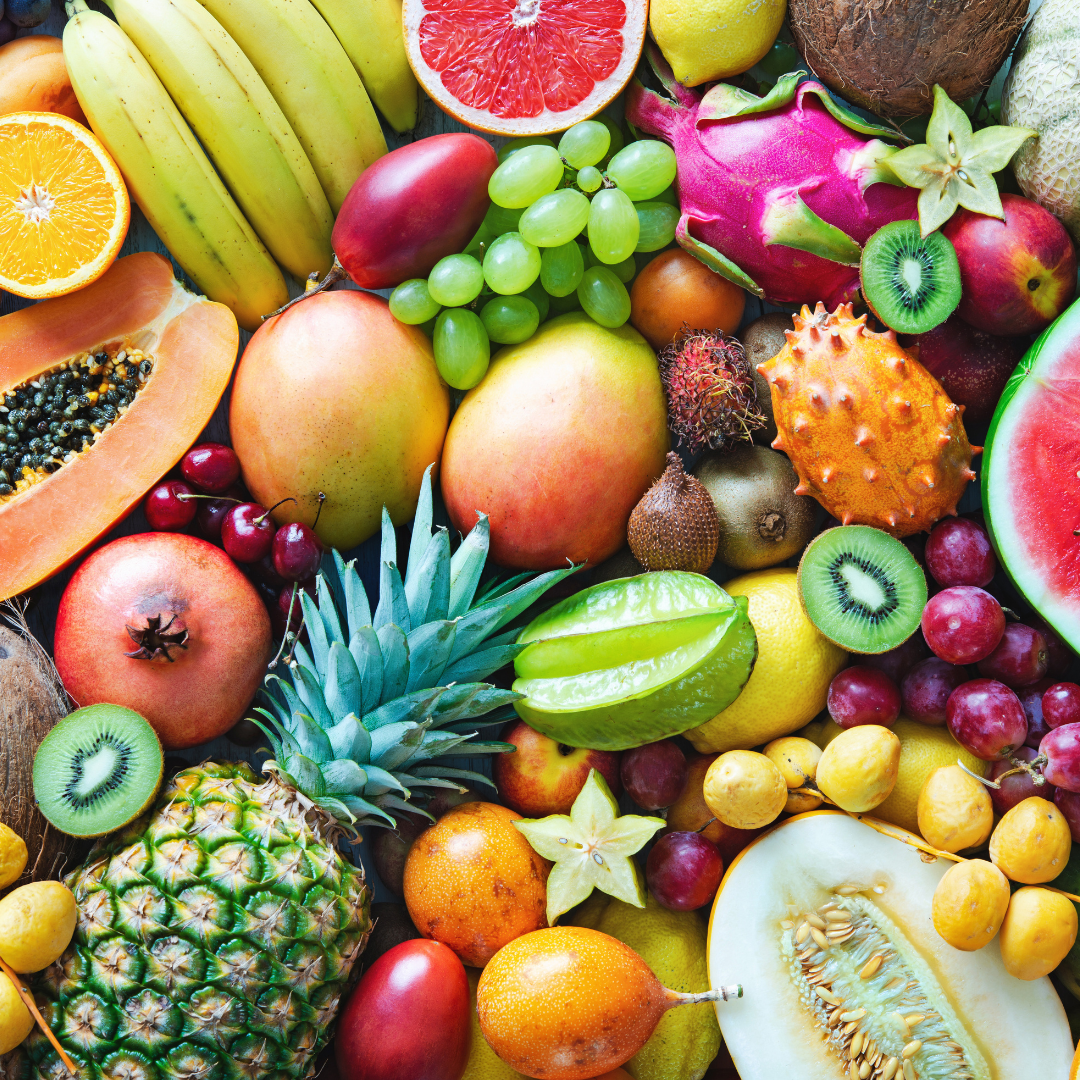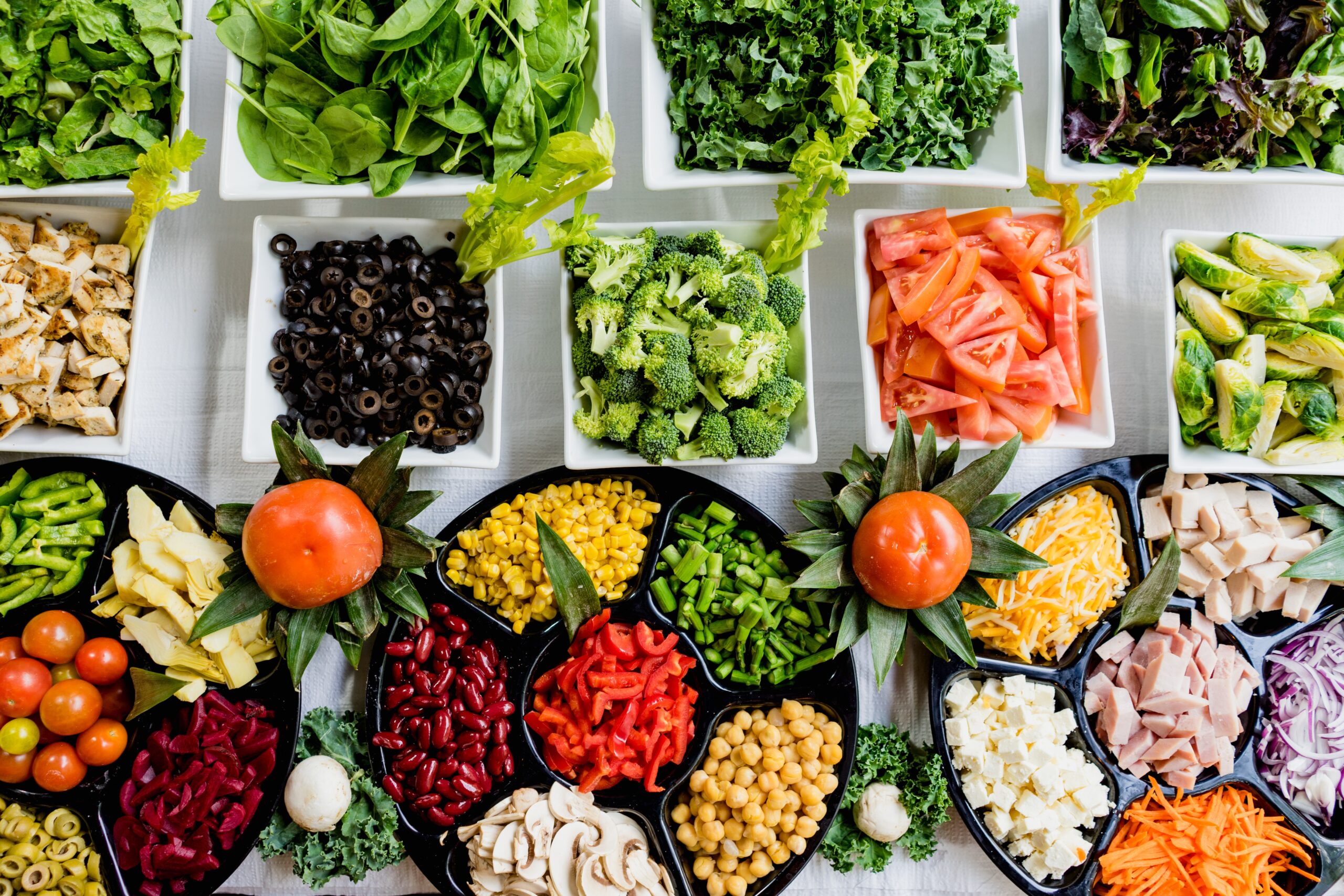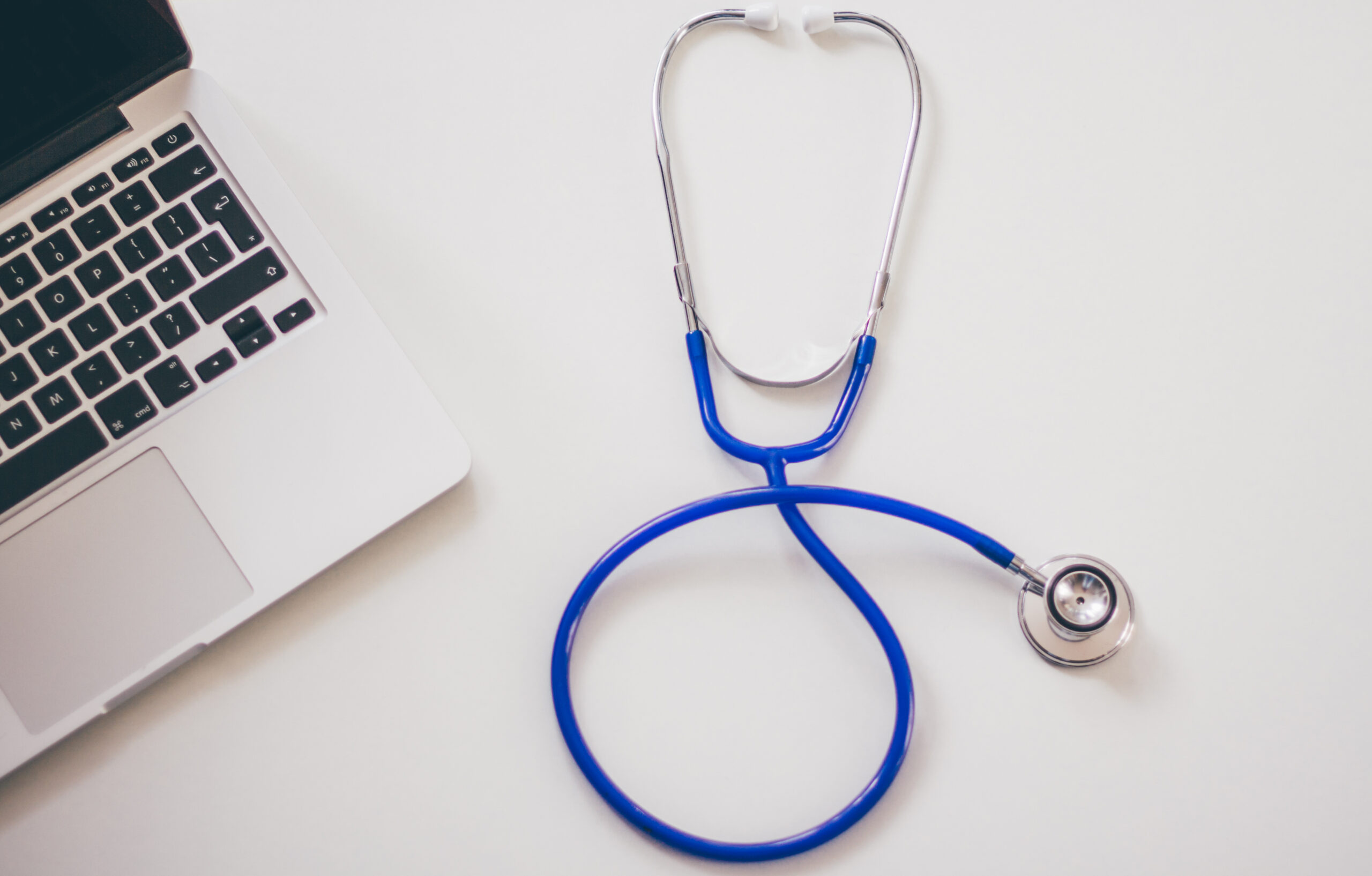Dietary Dangers
Do not eat commercially processed foods such as cookies, cakes, crackers, TV dinners, soft drinks, packaged sauce mixes, etc. Read labels! Avoid all refined sweeteners such as sugar, dextrose, glucose, high fructose corn syrup, and fruit juices. Avoid white flour, white flour products, and white rice. Avoid all hydrogenated or partially hydrogenated fats and…
read more




